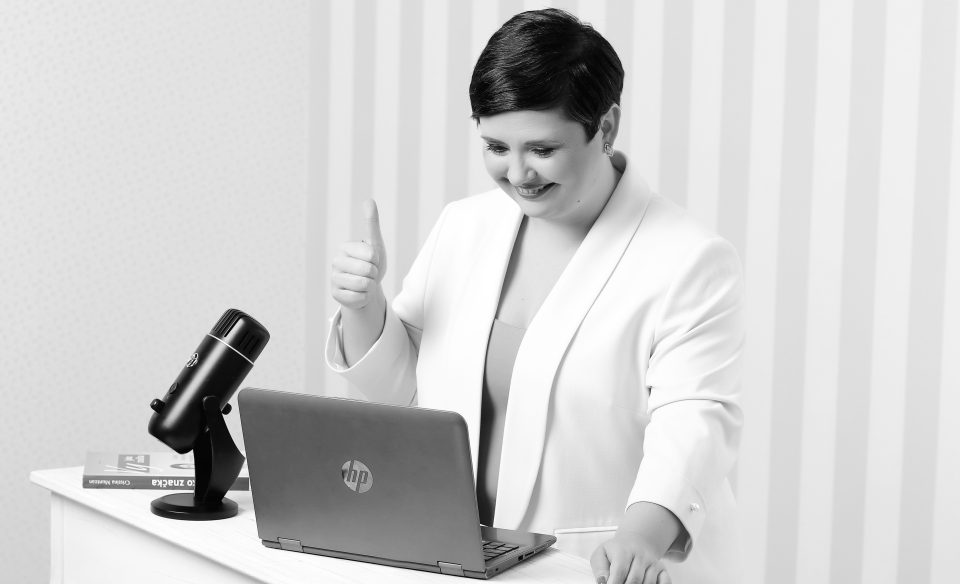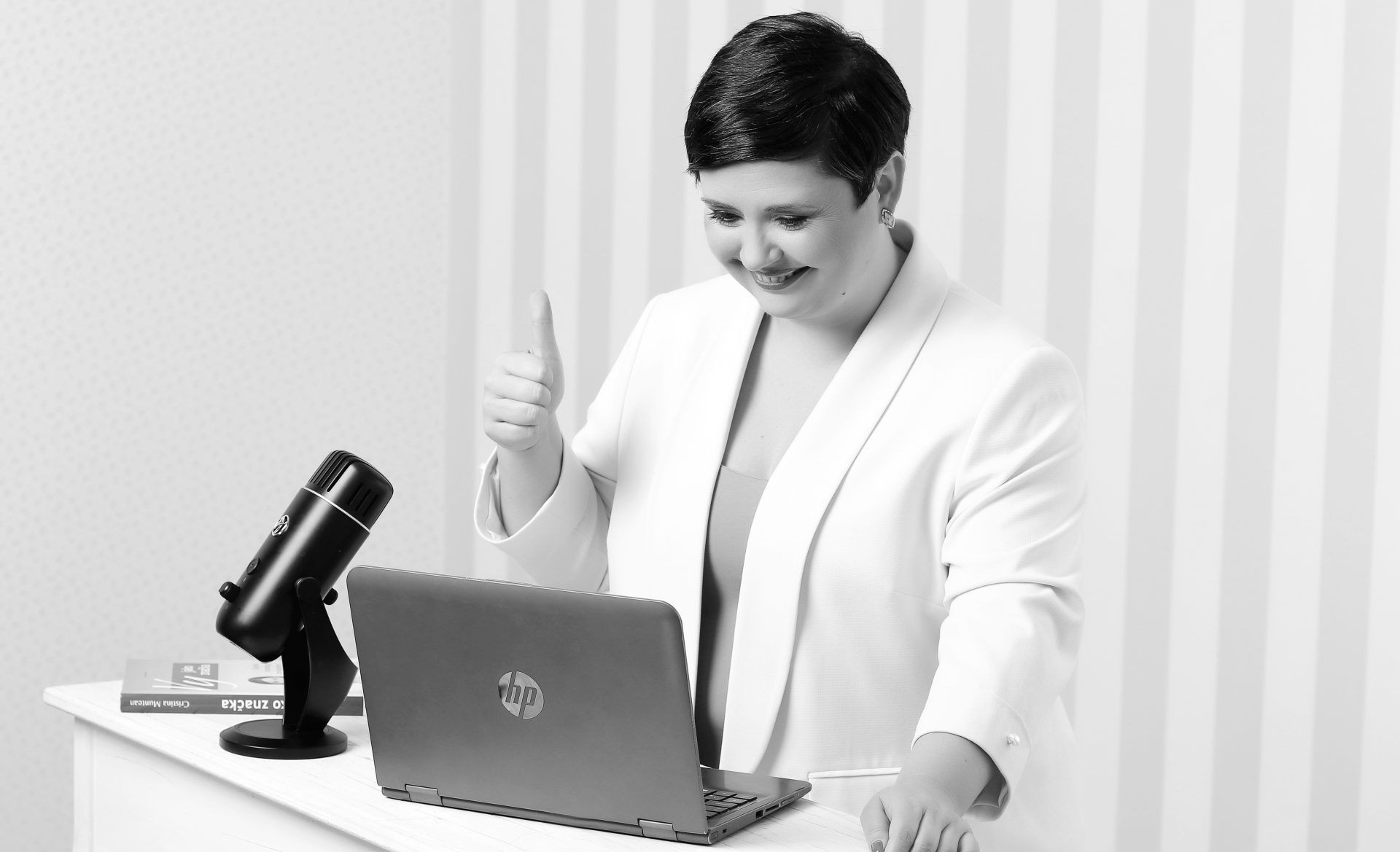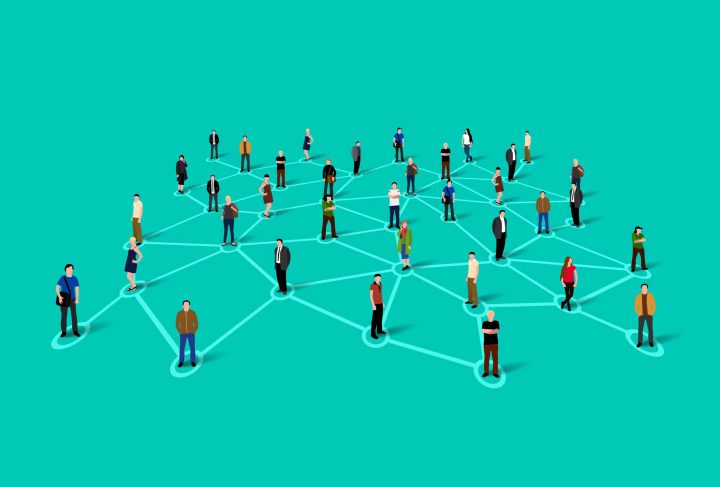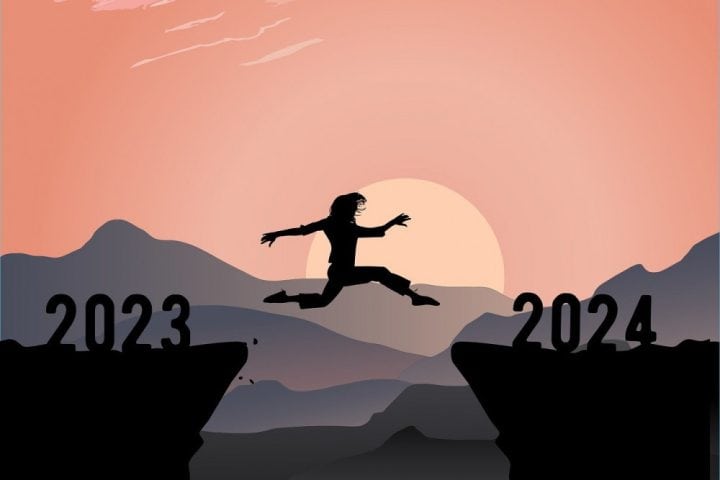LEADERSHIP
Feel free to sample my thought leadership, inspired by my work and life experience and by my extensive client work.

LEADERSHIP
Between Many Scyllas and Charybdis – CEO Decision-Making in 2025
Decision-making at the CEO and C-Suite level has never been easy. But rarely has it been as challenging as it is going to be this year. If you’re familiar with… Read more
06/01/2025Reading time: 8 minutes
LEADERSHIP
Why Leaders Are in a World of Trouble if They Don’t Upskill Fast
I should have been more specific when I titled this article. Initially I wanted to write Why Leaders in Central Eastern Southern Europe (CESE) Are in a World of Trouble… Read more
04/04/2024Reading time: 7 minutes
LEADERSHIP
How the Vanishing Social Fabric Impacts Your CEO Potential
In March 2023 I decided to embark on a crazy adventure. We launched THE CEO ELEVATION CIRCLE, a community of practice in leadership development and career acceleration for exceptional women… Read more
21/03/2024Reading time: 7 minutes
LEADERSHIP
What I Wish Women CEOs In 2024
The new year is starting. Media is flooding with articles about how 2024 will impact business, whether we will manage to get the inflation genie back into the bottle, and… Read more
04/01/2024Reading time: 5 minutes
LEADERSHIP
My 10 Commandments for A Better 2021
Two weeks into the new year, I am sure that most of us had the chance to look back at 2020 and sum up its learnings. For many people 2020… Read more
18/01/2021Reading time: 13 minutes
HYBRID AND REMOTE LEADERSHIP, LEADERSHIP
Hybrid Leadership. Welcome to the New Normal
Since the beginning of March and the Corona quarantine, our lives have been turned upside down. For some, their stream of income has completely dried up. For some others, fast… Read more
11/06/2020Reading time: 8 minutes
Let’s Talk
If you are a current, former, or future CEO facing major personal, career, or leadership challenges, I would love to get to know you and work with you. Please book a call directly with me, and let’s talk.







